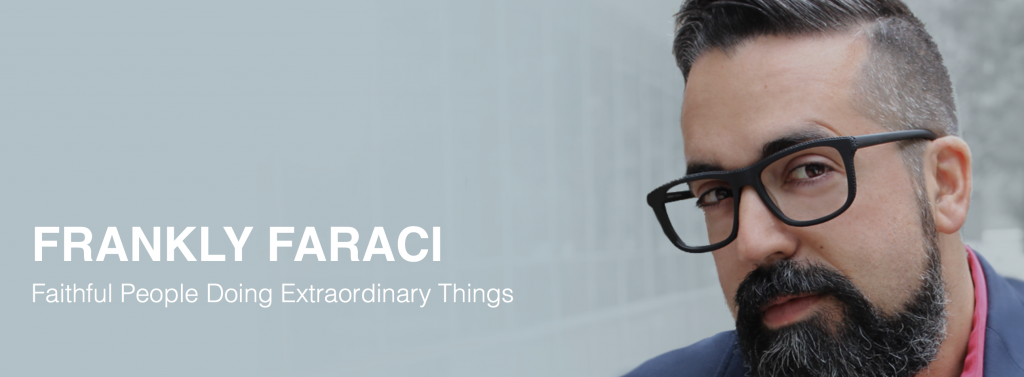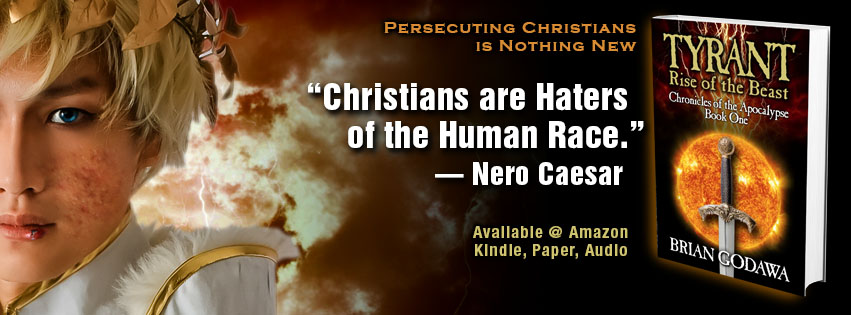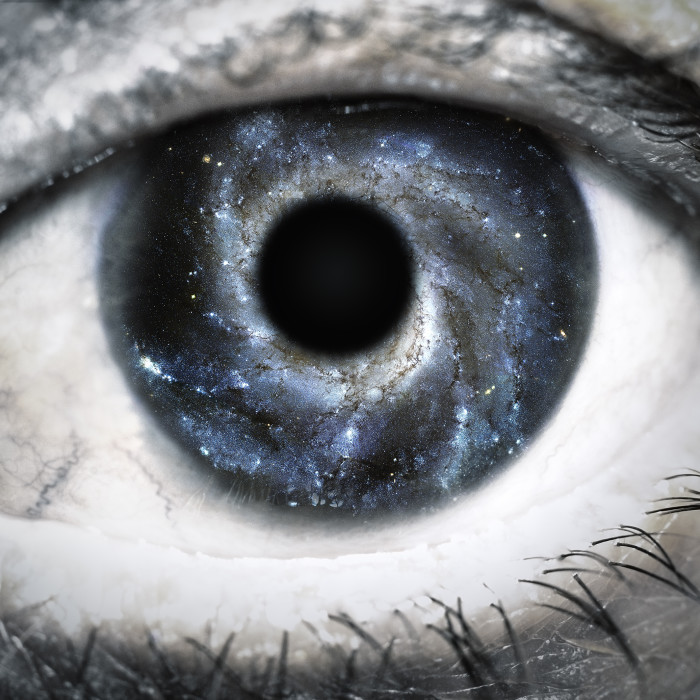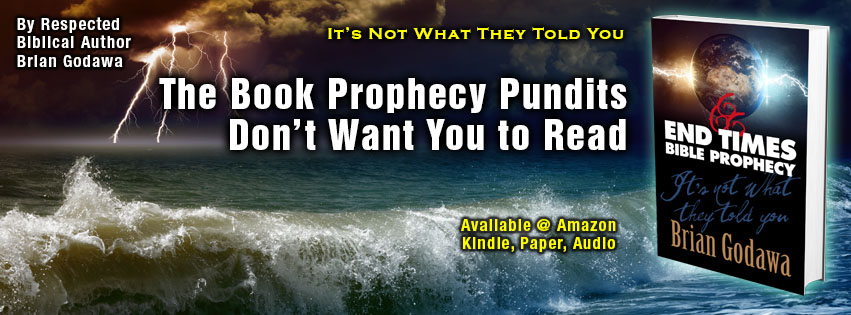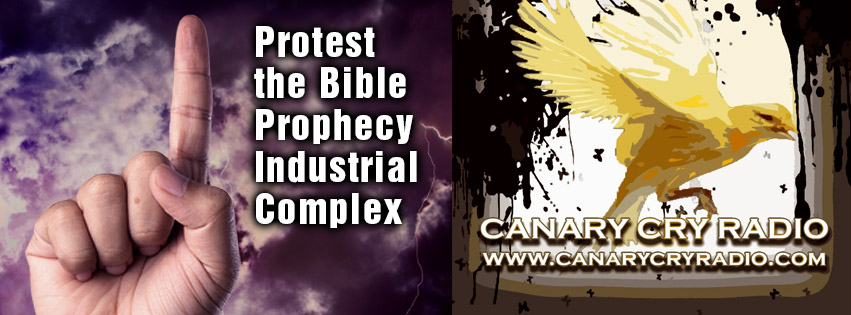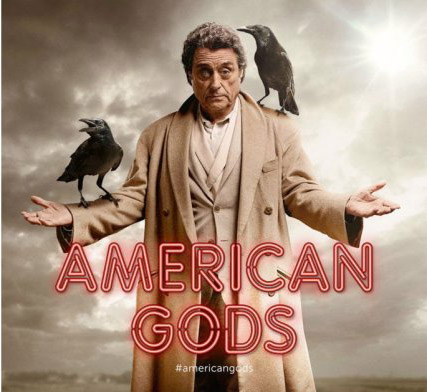
The Starz network series, American Gods, based on Neil Gaiman’s horror novel is a supernatural story of the “old gods” who immigrated to America with various people groups rising up in war against the new gods of technology and culture that now rule our society.
It’s a great creative idea that in some ways reflects what I have been doing in my own universe of fictional writing. So I was naturally fascinated by the premise.
Unfortunately, it turns out to be a great idea gone bad. A mixed bag of profound spiritual wisdom and depraved humanist blasphemy.
Disenchantment
American Gods focuses on a convict, Shadow Moon (Ricky Whittle), just released from prison only to discover his wife, Laura (Emily Browning), and his best friend died in a car accident while in an adulterous affair. On his way to the funeral, Shadow meets a peculiar old man, named Wednesday (Ian McShane), who hires him as a bodyguard of sorts. Shadow soon discovers that Wednesday claims to be a chief of the old gods who once laid claim to America through those who found their way here in the past, willingly or not. And we see vignettes in each episode of these gods arriving on America’s virgin shores—or really, raped shores. Odin with the Vikings, Bilquis and Anubis with some of the slaves, a Leprechaun with the Irish, Jinn with Muslims and others. In the story, these are real beings with real, though limited supernatural powers.
It’s a common fantasy theme about the “disenchantment” of the natural world that science and technology creates in modernity. The “old gods” represent the sense of wonder that the ancients had of the life in a world interpreted as containing a goddess of spring, a god of storm, a goddess of sex, and so on. In modernity, and in this story, these gods have become like neglected elderly homeless who scrounge around in lives of squalor as the new gods of technology, like “Media,” “Technical Boy,” and others occupy us with obsessive entertainment and electronic diversion that amounts to sacred devotion to the profane. We’ve lost the “magic” and “wonder” of life. We think we’ve become enlightened and put behind us the ignorance of religion, but we remain decidedly religious creatures who worship new gods under the guise of secularism. The goddess Media sometimes appears as Lucille Ball, sometimes as Marilyn Monroe, icons of worship no less religious than Bilquis the old god of sexuality who calls upon her sexual partners to verbalize worship to her as they engage in sex with her.
Spiritual Profundity
And that is the brilliance of the story, as in the original book by the same title (Although in this case, the show is better than the book). It brings alive a profound truth that modern secular man seeks to deny, namely that secular modernity is just as much a culture of religious worship as the old world. We humans are homo religicus, worshipping beings. And the world of media that traffics in narrative imagination is just as much an artificial creation of the human craving for the transcendent as are the religions of old. We have replaced one mythology with another mythology and mistaken the latter as progress.
Ah, but therein lies the rub… Continue reading →


